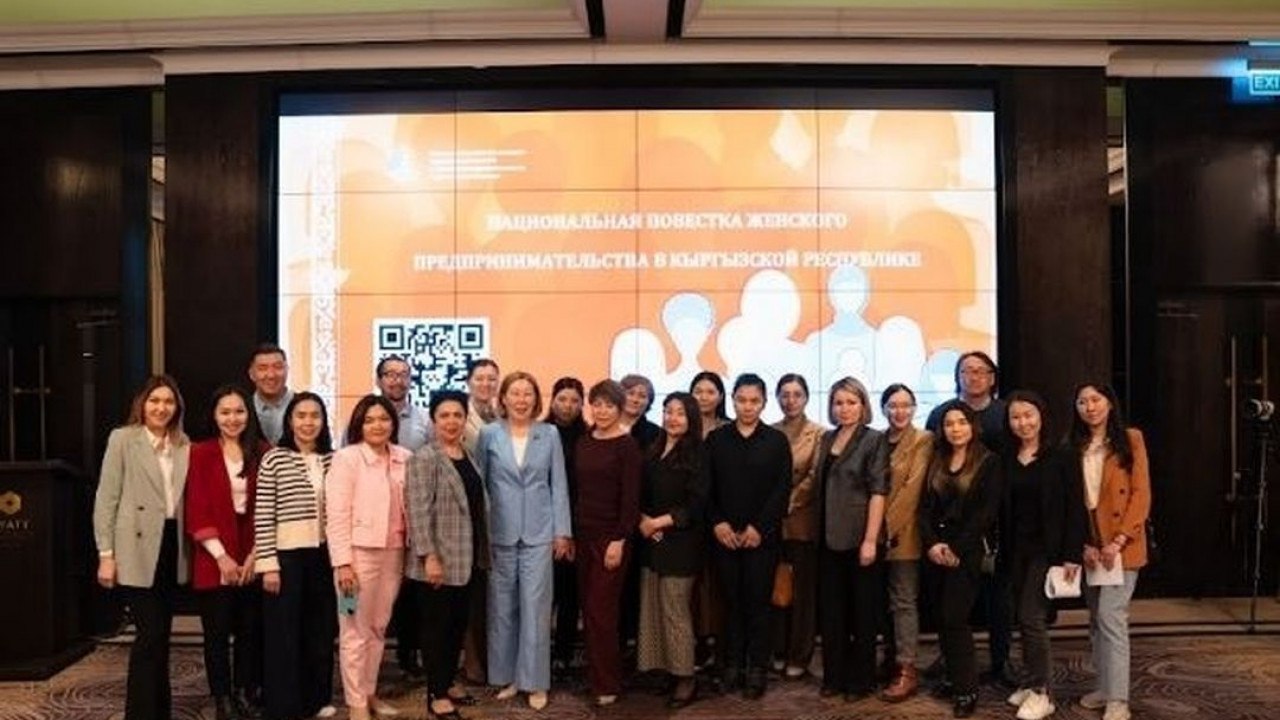A group of Kyrgyz parliamentary deputies have initiated amendments to the draft law “On the Protection of Entrepreneurs’ Rights,” which will bow be supplemented with the words “women’s entrepreneurship.” The amendment states that women make up half of Kyrgyzstan’s population, but their contribution to the economy is far less significant. Citing IMF data, the authors of the amendment stated that female entrepreneurship can contribute up to 27% to the republic’s GDP.
“As experience shows, the level of income from small businesses does not exceed the officially established subsistence minimum, which, unfortunately, does not leave additional funds available for further business development. The data also shows that women entrepreneurs who have better access to assets and can make independent decisions can help reduce poverty,” the bill states.
Representatives of the women’s forum “Kurak,” who contributed to drafting the amendments, proposed introducing the term “woman entrepreneur” into the law and defining this as a legal entity wherein a woman owns at least 51% of the shares. They believe this will enable women to receive preferential financing and access state support.
“Women entrepreneurs often need more time to run a business. After all, they often raise children and run a household in parallel. It is also tough for a woman to get a loan from a bank because the collateral property belongs to men. Moral support from our patriarchal society and the state is also lacking,” human rights activist Ainura Sarynbayeva told The Times of Central Asia. The legislative introduction of the word “woman” and “women’s entrepreneurship” will help further develop women’s businesses, believes Sarynbayeva, adding that commercial banks and international development institutions are already prepared to provide preferential lending.
“Today, there are no countries in Central Asia where the concept of “women’s entrepreneurship” is enshrined in the law. The draft law being promoted in Kyrgyzstan is largely similar to the Azerbaijani law. The authorities there support women businessmen at the state level,” said Sarynbayeva.
According to the latest census, Kyrgyzstan is home to 3.3 million women – half of the country’s population. However, despite various training sessions and courses, only a small percentage of Kyrgyz women participate in economic activities. Human rights activists attribute this state of affairs to the haphazard nature of government support.
The average Kyrgyz businesswoman is 40-50 years old, has a secondary education, is an individual entrepreneur or manages a small or medium-sized business, and has a family and children.









